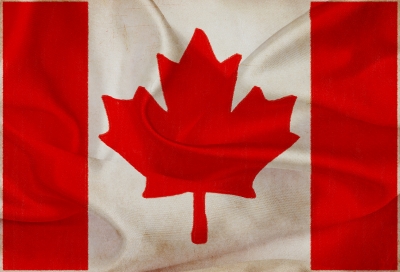Despite recent changes in its copyright laws, we have yet to rectify Canada’s image as a haven for piracy sites. We have been accused of providing a safe haven for consumers of pirated content. While, stringent laws have been enforced in the United States and other countries regarding copyright infringement, Canada has yet to introduce any such measures. As such it seems that we are providing protection to violators of intellectual property rights. But’s what’s really happening? Here’s an overview on what’s happening in Canada regarding intellectual property rights.
Notice-Notice effectiveness
In Canada, the most noticeable change made to the copyright laws involves the notice-notice arrangement. This system involves tracking IP addresses of users accessing pirated content and sending them copyright infringement notices. These notices have made many users in Canada aware of the rights they are violating and the consequences.
However, this law has been criticized by the IIPA as being too lax in resolving the situation, as piracy content viewers continue breaking the law undeterred by the government’s warnings. IIPA would like to see repeat infringers be severely punished by strike downs, as enforced in other countries.
In Canada, fines awarded to copyright infringers are between $100 and $5000. This is much lesser than the $20,000 charged in the U.S. Canada has avoided scams that involve blackmail of copyright infringers. These scam artists ask infringers to pay up $5000 in order to avoid legal settlements of $50,000. News of single moms and students facing fines of hundreds of thousands of dollars for downloading copyright music have not yet penetrated Canadian media.
Piracy networks
Of the many criticisms faced by Canada, one of them is for providing a home to piracy sites that share and stream copyright content. Popular torrent sites such as torrentz.eu and streaming portals such as Solarmovie have been traced back to Canada. This has made it difficult to enforce laws regulating piracy around the world with these sites having their base in Canada. Hosting services are ignoring these piracy networks because of the weak laws in Canada. This has resulted in other countries trying to ban these websites altogether, which is proving to be difficult.
Netflix situation
An estimated 1.92 million Canadians, pretend to live in the U.S to access its extensive listings on Netflix rather than settle for Netflix.ca. Licensing arrangements determine listings in various countries and therefore shows listed in the U.S may not yet be available in Canada. Canadians, have been using easily accessible online services to indicate their IP addresses are from the U.S and gain access to American Netflix services. As such, there are no clear laws as to the legality of this situation. This has resulted in a conundrum for Canada as well as the U.S.
While Canada may have been lax in safeguarding intellectual property rights of artists, it has protected consumer rights by inhibiting harsh penalties from being incurred. Seek legal counsel if ever faced with an intellectual property violation and avoid being exploited.

